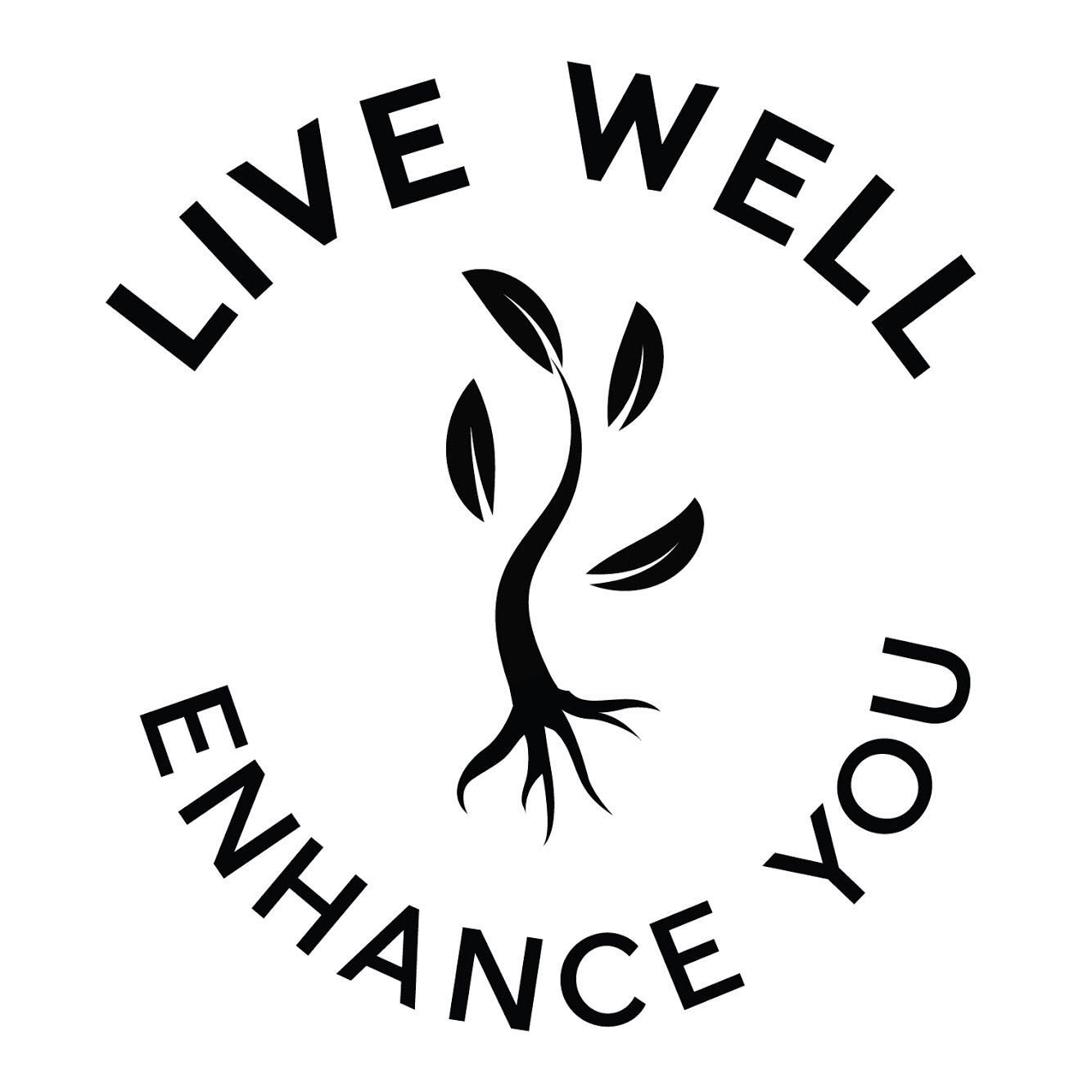Adoption and the Meaning of Family
By Jasmine Clark, Live Well Enhance You Contributing Writer
What does “family” mean to you? The word “family” often means a group of people related by blood, but the real meaning of the word is so much more.
Everyone deserves to be a part of a loving and safe family. But for kids and teens whose birth parents aren’t able to raise them, the concept of “family” is complicated. National Adoption Month, which takes place in November, draws attention to the adoption process so that adoptees, adoptive families, and birth families can get the support they need. Here are some quick facts about adoption if you’re considering it or just curious to learn more!
Things to know about adoption
The US Child Welfare Gateway defines adoption as “the social, emotional, and legal process in which children who will not be raised by their birth parents become full and permanent legal members of another family while maintaining genetic and psychological connections to their birth family.” This is different from foster care, which is a temporary arrangement in which a child is placed into a safe, nurturing home. Foster care and adoption both play an extremely important role in the lives of children, but adoption is necessary to create a permanent, secure family arrangement.
The US Adoption and Foster Care Analysis and Reporting System releases a report each year with preliminary estimates for numbers of children in adoption and foster care. Their report released in 2022 estimates that in 2021, 391,098 children were in foster care and 113,589 were waiting to be adopted. The most common reasons for children to be in foster care were neglect and/or parental drug abuse. The average age of children who entered foster care was 6, and the average age for children who left was 8. 47% of children who left foster care in 2021 were reunited with their birth parents or primary caregivers, and 25% were adopted by someone else.
Teenagers face extra challenges when it comes to getting adopted. Many teens grow up and age out of the foster care system without ever getting adopted. This is because people considering adoption often have younger kids or babies in mind. But teens ages 14 and up – and younger in some states – can consent to adoption, so adopting a teen would mean that they chose adoption and want to be adopted by you! Adopting a teen is incredibly rewarding for not only the adoptee but for the family who adopts them.
There’s also intercountry adoption, which refers to adopting a child from another country. Intercountry adoption is important because for some children, not only is it not possible for their birth parents to raise them, but it’s difficult for them to be adopted by other people in their community. The US State Department explains it this way: “When children cannot remain with their relatives and new parents within their communities cannot be found, intercountry adoption opens another pathway to children to receive the care, security, and love that a permanent family can provide.” Intercountry adoption creates an amazing cross-cultural experience for both the adoptee and their adoptive family.
Adoption is a life-changing blessing that helps children have families that love them and can take care of them properly. But sadly, adoptees tend to experience mental health issues. For example, a lot of adoptees have gone through the trauma of their birth parents neglecting them, and that trauma can last a long time. Another mental health challenge many adoptees have is that they may be hypervigilant and have difficulty trusting others. Fortunately, adoptees can find healing for their mental health when they see a therapist, especially one who specializes in adoption.
Are you considering adoption?
If you’re thinking about adoption, you’re probably wondering whether or not you’re eligible. Don’t assume you’re not eligible! You don’t have to be wealthy, college educated, or married to adopt a child. You don’t have to be perfect – no one is. However, to be the best adoptive parent you can be, you’ll have to undergo training and complete a home study.
There are multiple pathways to adoption, and specific rules depend on your state. If you want to find out more about adoption or foster care, the National Foster Care and Adoption Directory Search is a good place to start. This website allows you to look up organizations in your state that provide services related to foster care and adoption.
This National Adoption Month, you can take time to learn about adoption by visiting some of the websites linked in this post. And don’t forget to spread the word to people you know so they can learn about adoption too. There are so many babies, kids, and teens who are waiting to be adopted into a loving family. You – or someone you know – could be the family they truly need!
Jasmine Clark is a freelance writer from North Carolina. She enjoys writing about topics such as stress relief and positive thinking. She likes to encourage others to find ways to calm down and relax. In her spare time, she loves to write fiction stories and watch TV and YouTube. You can find her on Instagram @cozysachi.
